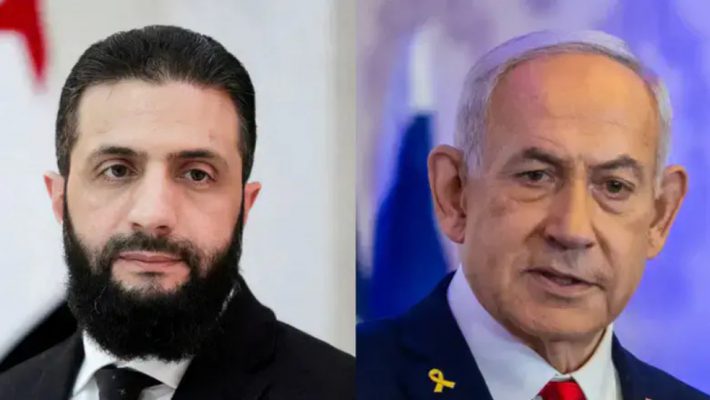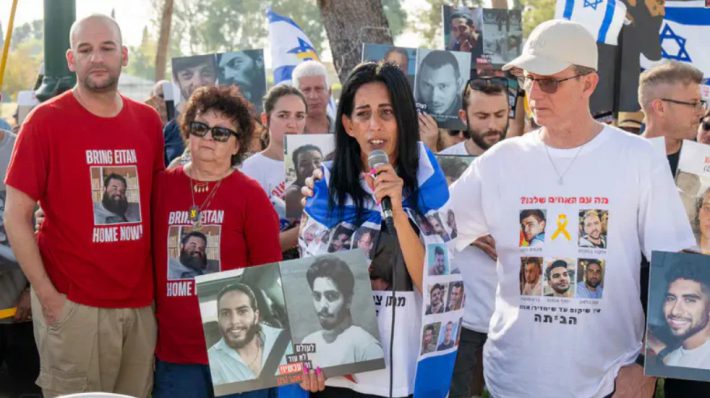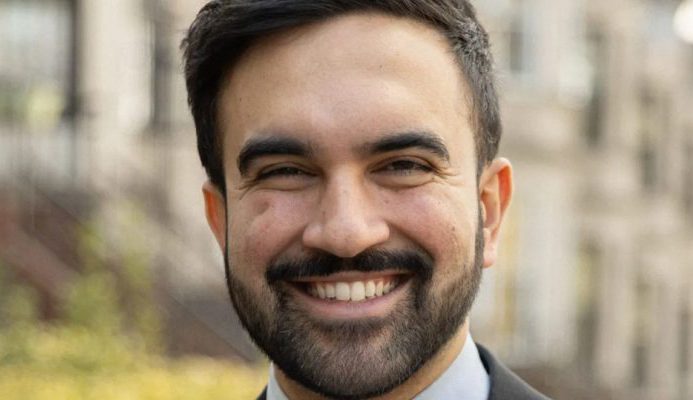In a historic move, Israel has presented Syria’s new government with a sweeping security blueprint — modeled after the Egypt peace treaty — that demands a broad demilitarized buffer, no-fly zones near the Golan, and preserves Israel’s strategic right to strike Iranian targets.
Israel has placed a comprehensive security proposal on the table for Syria’s new leadership, Axios revealed Tuesday. The plan, presented to Damascus several weeks ago, lays out strict security zones stretching from the Syrian capital all the way to the Israeli border, and would replace the outdated 1974 disengagement agreement.
The Trump administration, favoring new Syrian leader Ahmed Al-Sharaa, who toppled Bashar al-Assad last December, has been quietly facilitating this unprecedented diplomatic channel. A trilateral meeting is set for Wednesday in London between Strategic Affairs Minister Ron Dermer, Syrian Foreign Minister Asaad al-Shaibani, and US envoy Tom Barrack.
What Israel Demands
- Demilitarized buffer zones: The area southwest of Damascus divided into three security zones with strict limits on Syrian forces.
- Extended buffer: Expansion of the disengagement line by 2 km on Syria’s side.
- No-fly zone: Syrian aircraft banned from the entire southwest corridor up to the border.
- Retention of Mt. Hermon outpost: Israel insists on maintaining its strategic presence at the summit.
- Freedom to strike Iran: Aerial corridor preserved to ensure Israel can continue neutralizing Iranian threats inside Syria.
In exchange, Israel offers a gradual withdrawal from Syrian territories captured in recent months — but only on its terms.
This maximalist framework mirrors the 1979 Egypt-Israel peace treaty that divided Sinai into A, B, and C zones, a model Israel now wants to replicate to safeguard its northern frontier.
Why It Matters for Israel
The proposal represents Israel’s clearest statement yet:
- Iranian entrenchment will never be tolerated.
- Syrian sovereignty ends where Israeli security begins.
- Any future deal must guarantee Israel’s strategic freedom of action.
While Syrian officials are drafting a counterproposal, US mediator Barrack cautioned that a final deal is not imminent:
“There is still more work to do.”
Yet the fact that Jerusalem and Damascus are at the same table at all underscores how decisively Israel has reshaped the post-Assad landscape.





